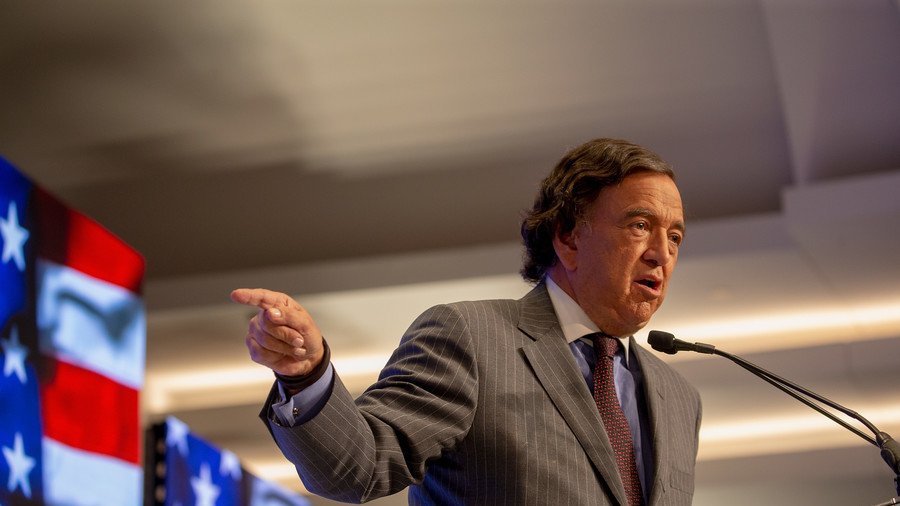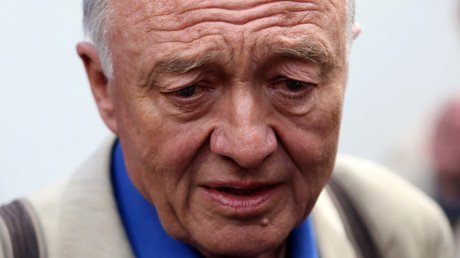‘Colossal mistake’ to pull out of Iran deal, could harm talks with N. Korea – former ambassador

The Trump administration’s decision to pull out of the Iran deal was a “colossal mistake” in the lead-up to diplomatic talks with North Korea, according to Bill Richardson, former US ambassador to North Korea.
Speaking to RT America’s Ed Schultz, Richardson said he believes the upcoming June 12 talks, which are at risk of breaking down over Pyongyang’s complaints about continuing joint US and South Korean military drills, “should be salvaged and in the end will be salvaged,” but said that the decision to abandon the Iran deal could hamper negotiations.
“The North Koreans are going to say, how can you make a deal with the US if they break agreements?” Richardson said.
Despite the current impasse, however, Richardson said the upcoming summit was not the only chance to get the issues resolved.
“I don’t see the summit as being a one-shot only deal,” he said. “I think the president and the administration should establish timelines and verification systems lasting two, three years. It's not going to be resolved in one photoshop meeting.”
The biggest danger point will be the differing definitions about what denuclearization actually means to all parties and the preferred methods of getting that accomplished, Richardson explained.
“The big difference between the US and South Korea is we want full denuclearization of North Korea, then we take off sanctions and give concessions. South Korea wants to do it step by step; North Korea does a little and then we do a little, concurrent steps,” he said.
One of the problems for the Trump administration to resolve, he said, is its messaging on North Korea. While Trump has recently been “restrained” in his comments, Richardson said the administration is speaking with “too many voices” on the issue. In particular, he pointed to comments by National Security Adviser John Bolton comparing North Korea to Libya.
“You’ve got National Security Adviser Bolton bringing up the Gaddafi issue with North Korea. They get very nervous because Gaddafi gave up his weapons and then was killed. That’s not a good thing to talk about before the summit,” he said.
As for US-South Korea military drills, Richardson said that reducing the number of US troops and toning down the nature of the exercises might be a good way to compromise.
"The North Koreans have always felt that those exercises are directly channelled to them, you know maybe there's some differentiation in what kind of exercises, the frequency — I think that is a potential compromise,” he said.















